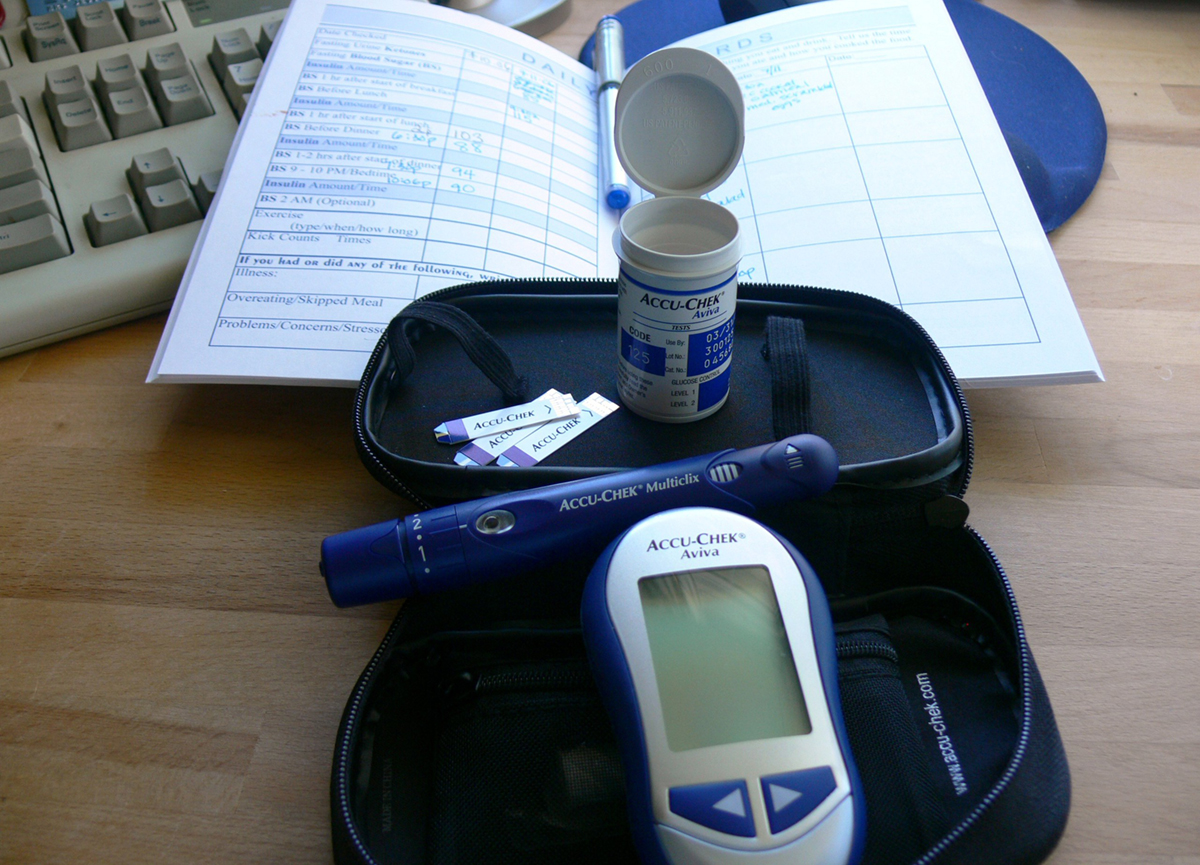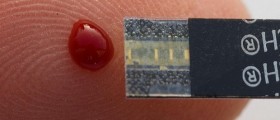
Some pregnant women who have never had diabetes may actually suffer with the condition when they are carrying a baby. When this happens it is called gestational diabetes, and it can concern around four women out of every one hundred. If it is diagnosed it will need to be correctly controlled for the safety of both the mother and the child.
What is Gestational Diabetes
There is a hormone called insulin that assists in the breakdown of sugar that is found in the blood. If a body does not have enough insulin or cannot or does not act in response to insulin it can mean that the blood sugar levels in the body became too high. When a woman becomes pregnant there are many new hormones that can sometimes prevent the insulin from doing its job thus the body will produce extra insulin and this in turn can lead to gestational diabetes. If a pregnant woman is to get gestational diabetes it will more than likely happen in the last four months of the pregnancy. The majority of the time the gestational diabetes will dissipate once the child is born however if it does not then it usually means that the type 1 diabetes was forming slowly in the mothers system prior to the pregnancy.
The Symptoms of Gestational Diabetes
This particular type of diabetes will not show any symptoms other than the usual pregnancy symptoms like increased thirst, needing to urinate often and feeling tired.
The Complications of Gestational Diabetes
As long as the gestational diabetes is controlled correctly there will be no threat on either of the babies or the mother’s life. However if the gestational diabetes is not controlled there are other problems that may occur such as a condition called pre-eclampsia, which causes you to have high blood pressure. Also by not controlling the gestational diabetes you may also have a premature labour or have too much amniotic fluid around your unborn baby. If a woman is diagnosed with gestational diabetes she will probably need to have a caesarean delivery and you will also be more prone to developing gestational diabetes in any of your future pregnancies this in turn can also mean you are at a higher threat of developing type 2 diabetes later in your life. Because of the high blood sugar levels in your body, your baby will grow larger than usual and this is why you will probably need to have a caesarean delivery.

















Your thoughts on this
Loading...